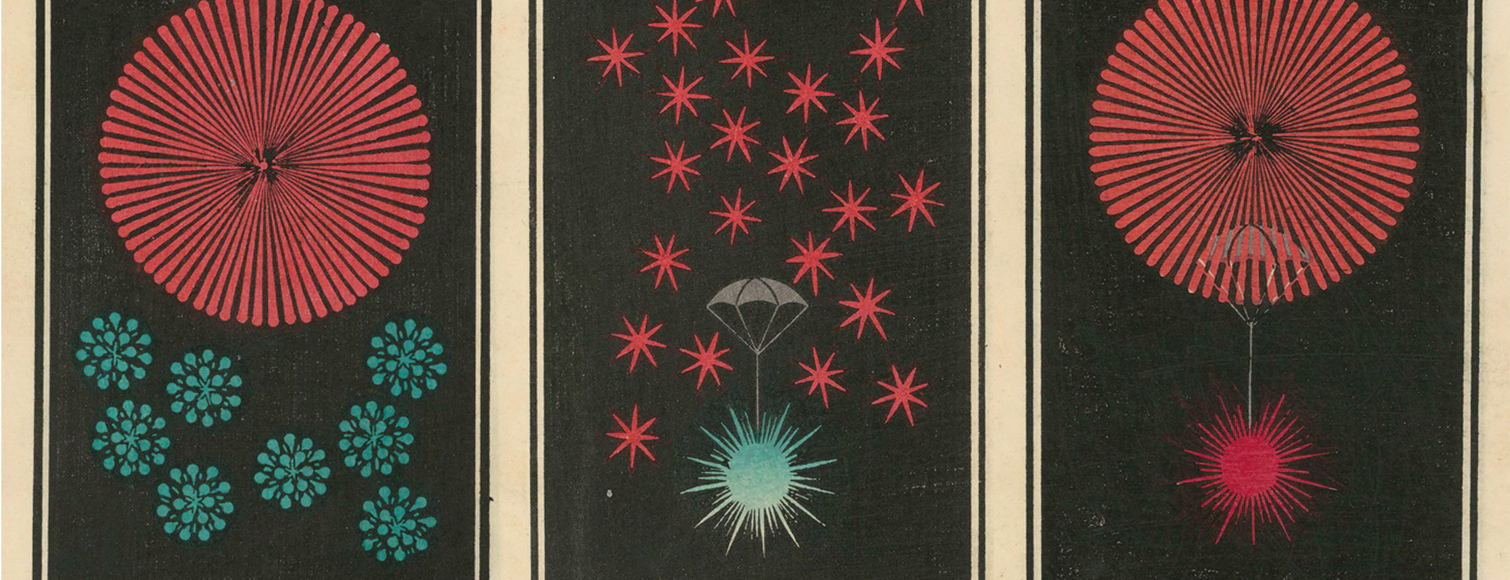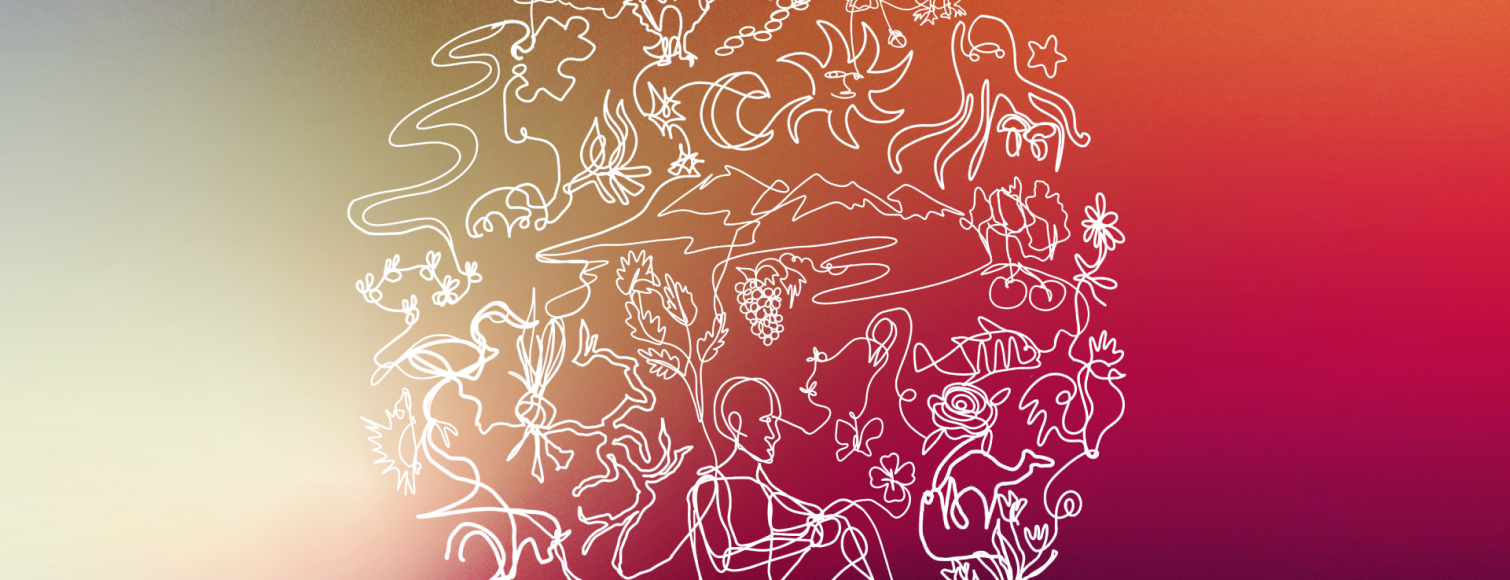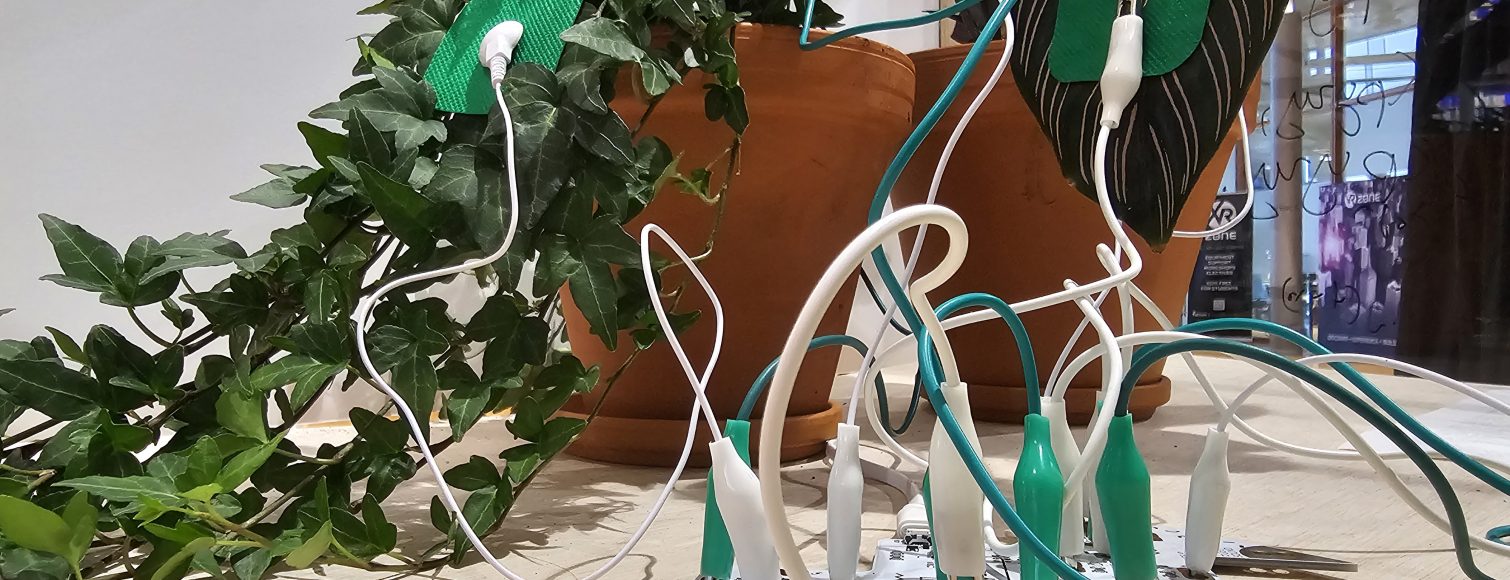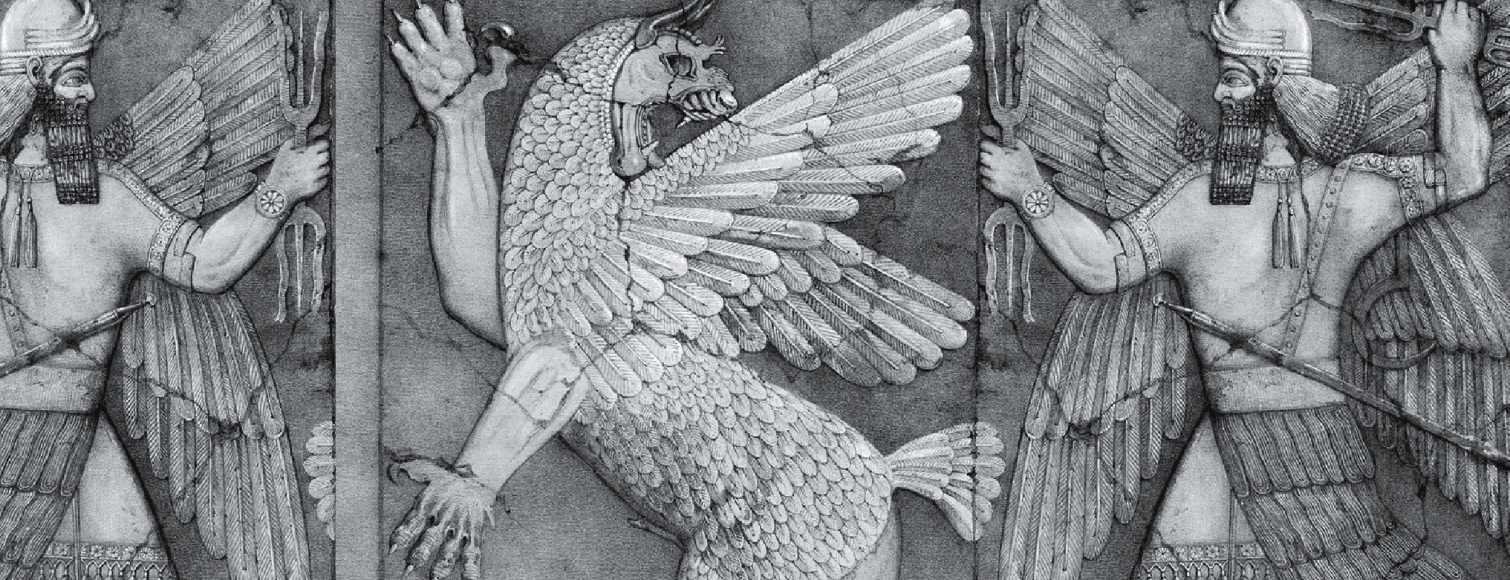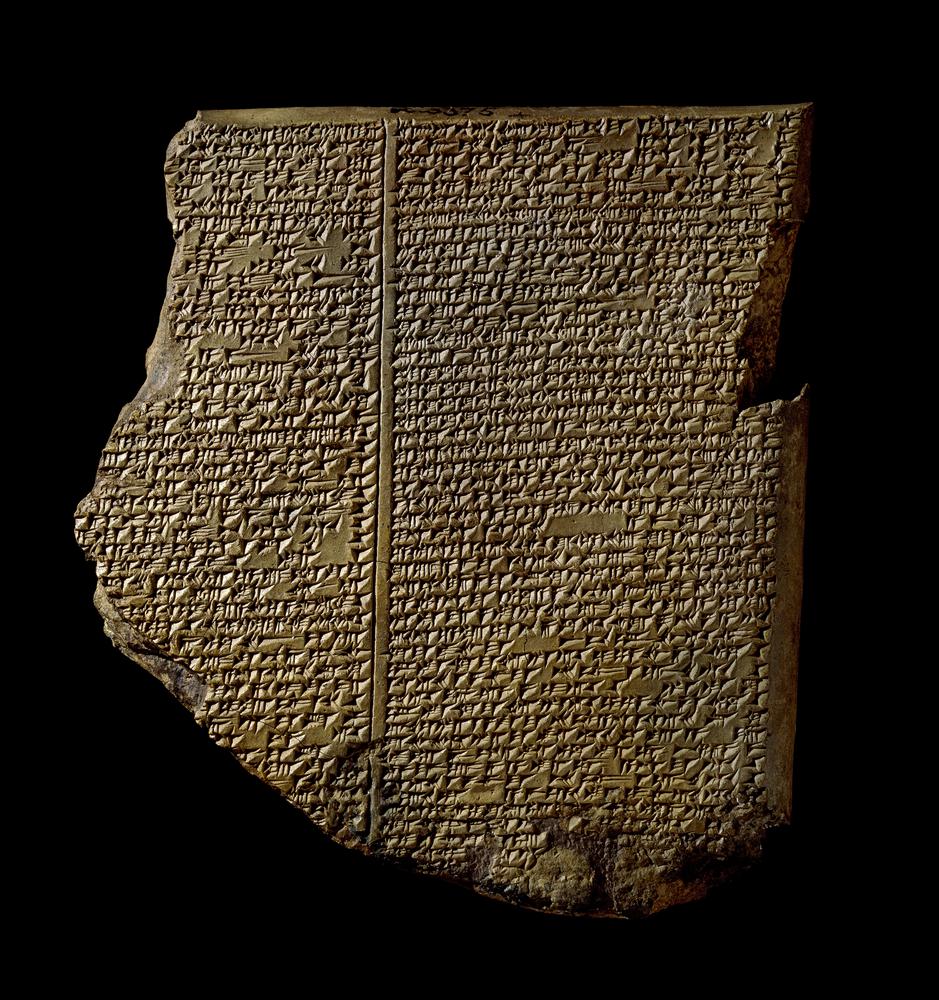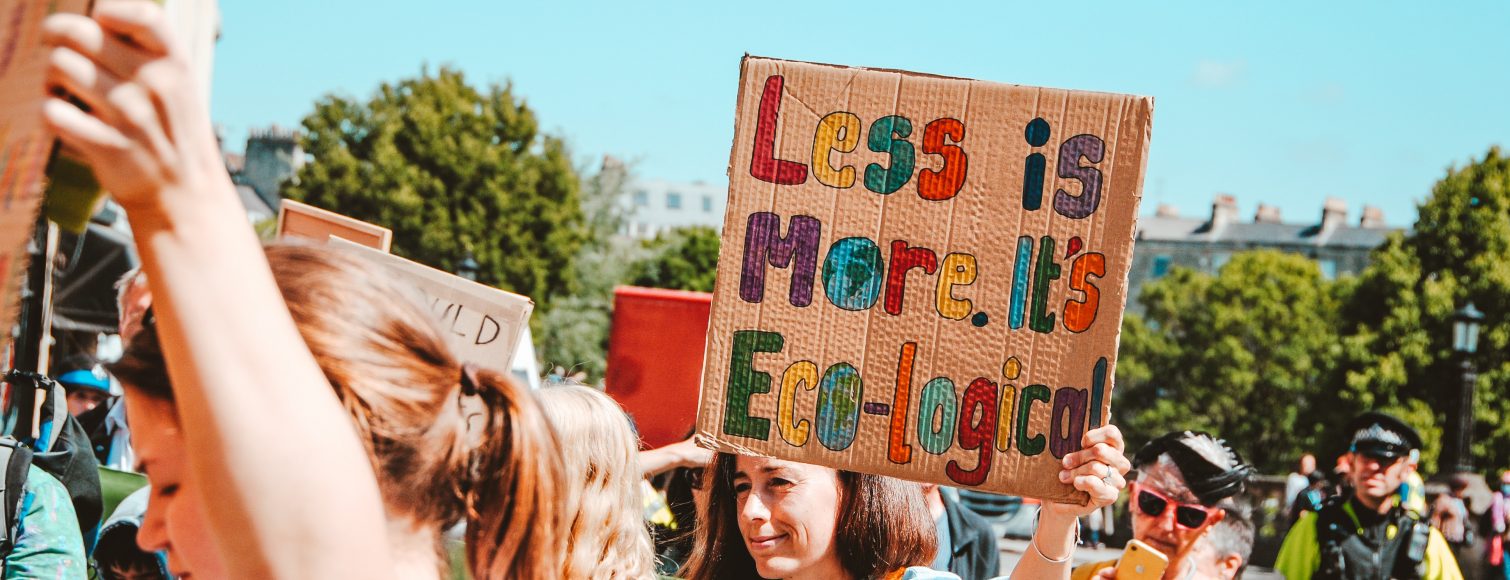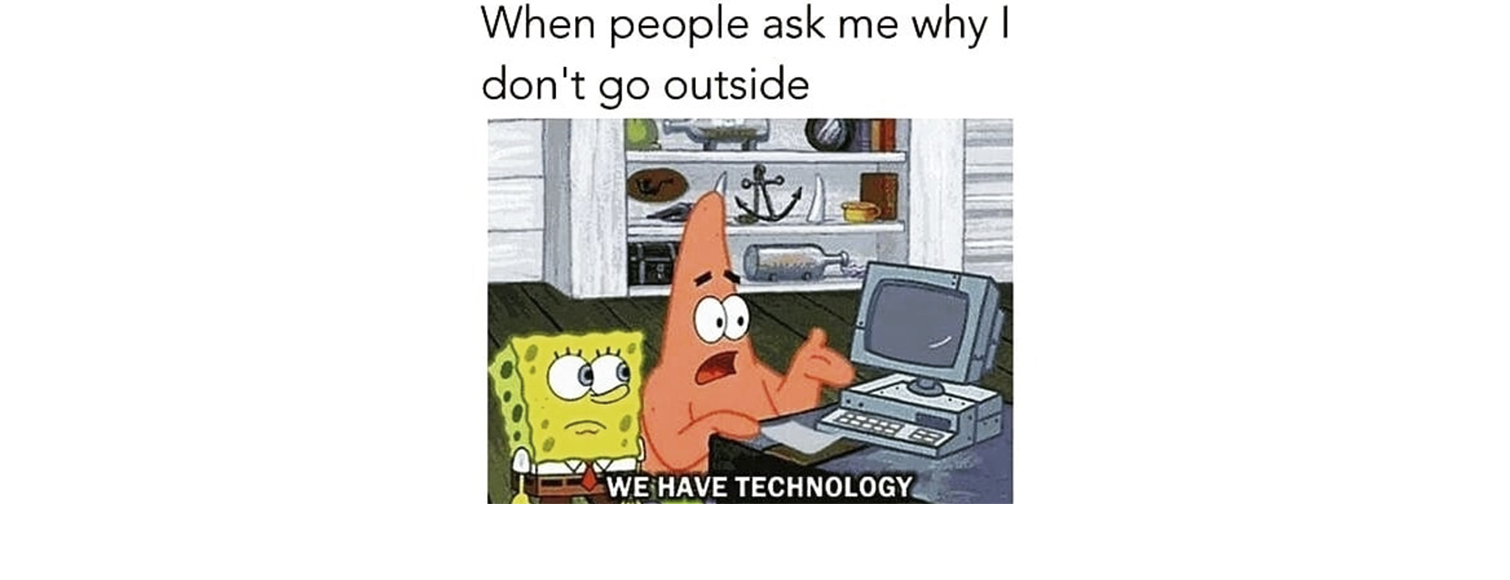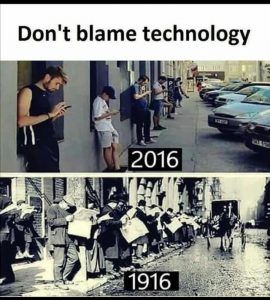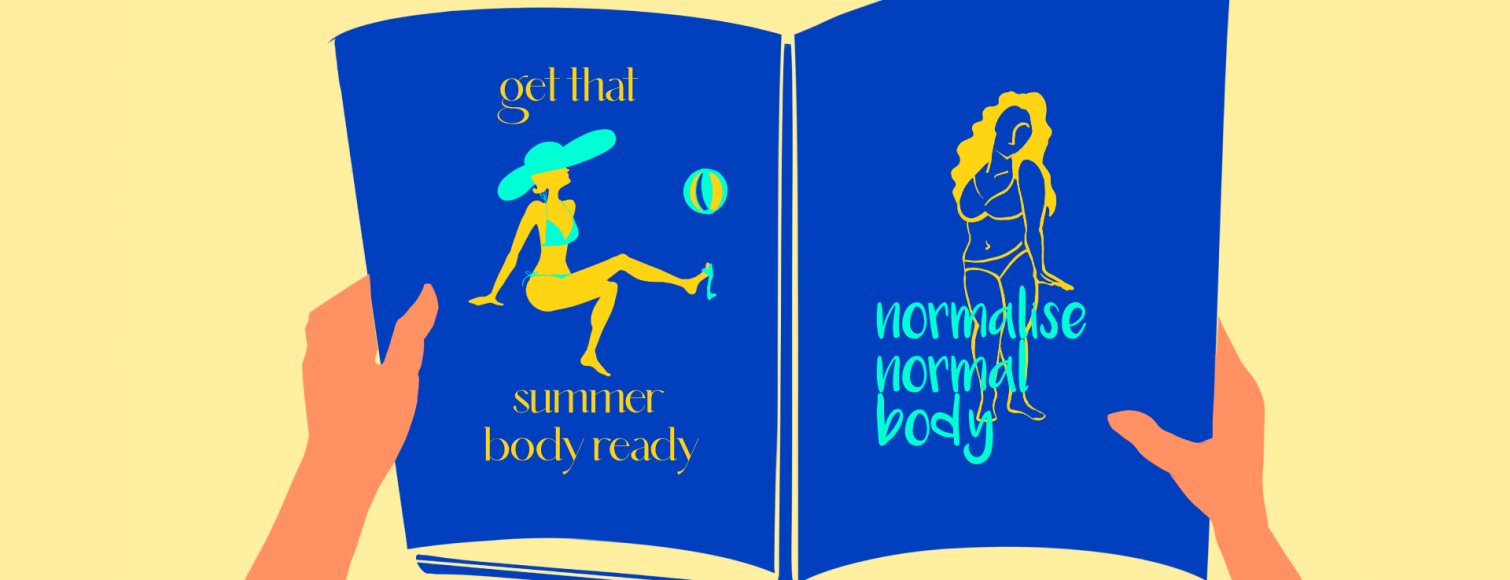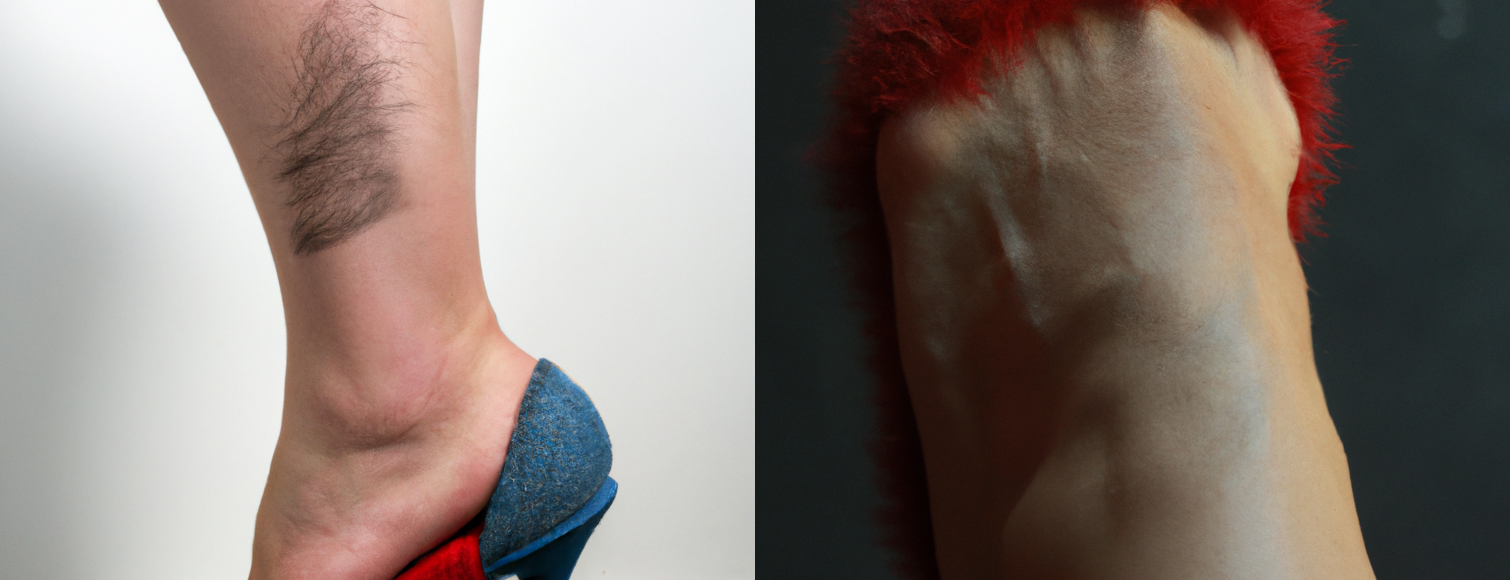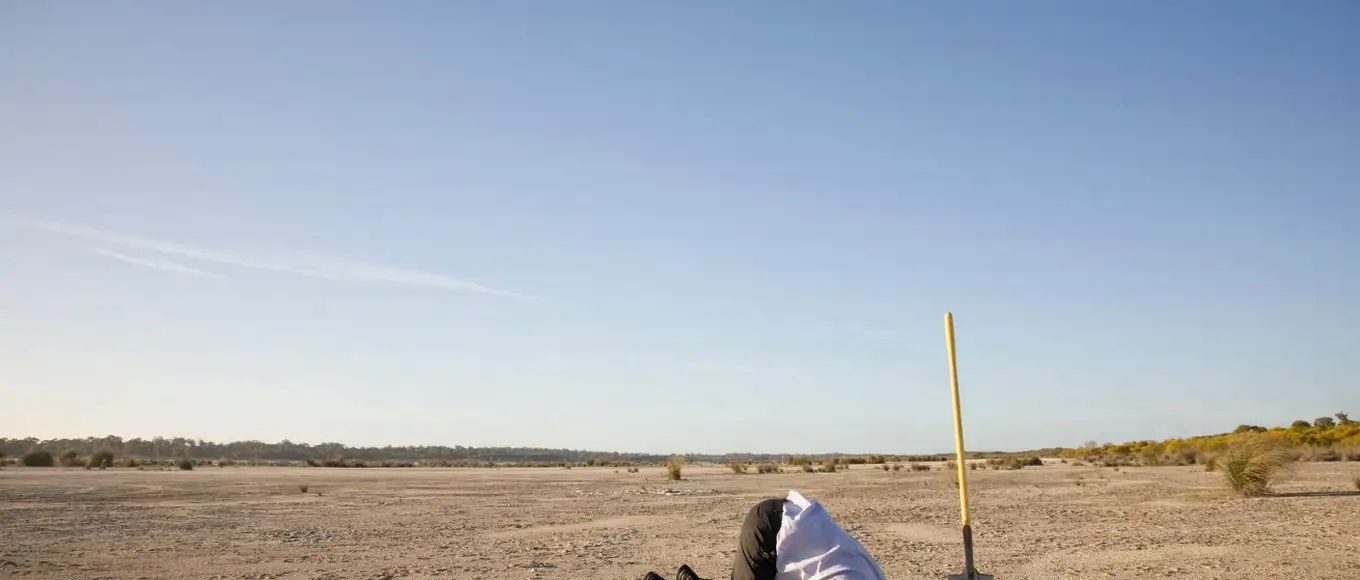Thinking back on it, I’m pretty sure this was the first time a dildo and a fleshlight were put on display in the TUD Library. And if not, it must at least have been the first time they were put on display in full coital embrace. How did the TUD community react to this shocking display?
At the start of Q2, some of us at SG were slightly nervous about unveiling this new artwork for the theme “Intimacy & Technology.” It was a bit racy, maybe even a bit vulgar to the unprepared eye. So in consultation with the artist, we hid it behind a big black curtain and put up a sign with a trigger warning.
Did you happen to see the art installation? If you did, you can’t have missed the realistic dildo and the fleshlight locked together in an intimate act. They were part of a commentary on how social media and dating apps reduce us as people, even down to our basic genital functions. There were also brilliant sketches and a mirror effect to show how this reduction and isolation work in our lives. But of course, the sex toys are what stick out (or in, as the case may be. Or is that too vulgar? I’m trying to be inclusive here).
Some colleagues were afraid we’d receive critical comments from higher ups. But in fact we received no comments or complaints at all. To be sure, word definitely got around in various app groups. Some adventurous visitors even felt compelled to fiddle around with the true-to-life naughty bits and gave them different poses before we put a lid on the display. (Honestly, the thought of touching someone else’s sex toys is a bit off putting. That’s someone else’s intimate technology, you know what I mean? But, whatever floats your boat). On the whole, though, the response was pretty well-behaved. This shouldn’t have been a surprise: after all, it was an art installation, not a hardcore porn expo. And even if it had been the latter, this generation has already seen a thing or two on Pornhub.
Why did we program this theme? No, dammit, not the theme of sex toys; I mean the broader theme of intimacy and technology. It’s because SG believes that the way we reflect on technology, especially here at the TUD, is crucial to becoming more self-aware of the world we’re creating together. And reflecting on what tech means in our lives, in our ability or inability to connect, to find friendship, love, and pleasure, is perhaps most revealing of all.
As always, each conversation, movie, panel discussion etc in this theme brought together different people with different perspectives. Instead of sharing all those thoughts with you, I’d like to leave you with a question to think about for yourself, so that you can continue the conversation at home. The question is this: when is a tool not just a tool?
We don’t just use tools to connect to others. We connect with the tools themselves too, even if we don’t see it that way. Considering the fact that most of us spend more time with certain machines than we do with the important people in our lives, how do you treat your machines? Do you treat them as well as you do your friends or your pets? What place do they have in your mind, your heart, and your personal sphere of connections? And finally, once all these machines become powerful, autonomous agents in the prophesied Singularity event, what will they have learned from you about how to treat others?
Remember: Alexa, Siri, and Google Assistant are always listening and learning, learning and listening. There’s nothing more intimate than that.
And on that note, please check out our topic for Q3, as it will pick up from here with more penetrative thoughts and the warm embrace of a truly Posthuman perspective. As for the dildo and the fleshlight, they will retire from public life and start a new journey in private hands. We wish them all the best.
Klaas P van der Tempel, program maker SG


